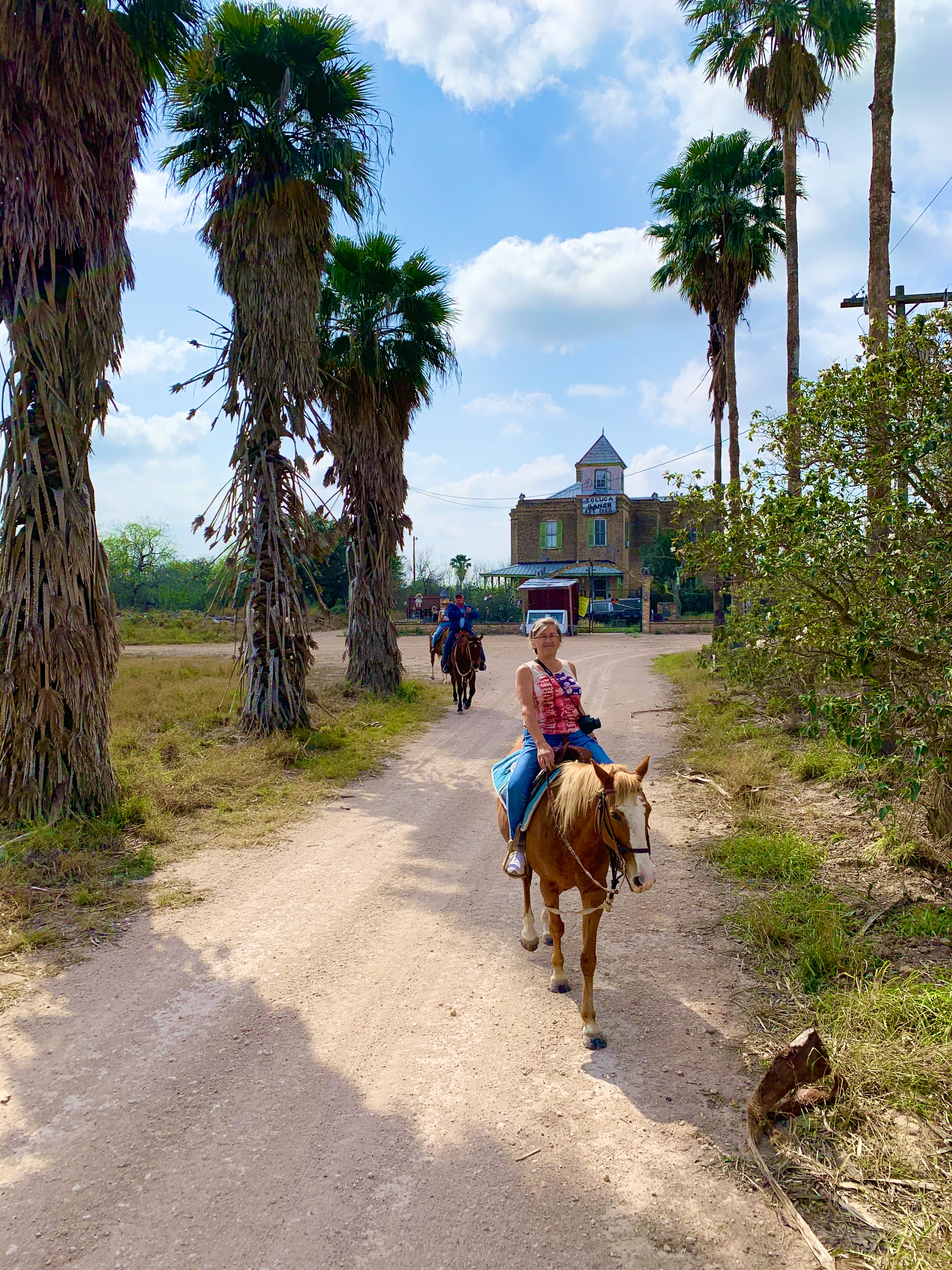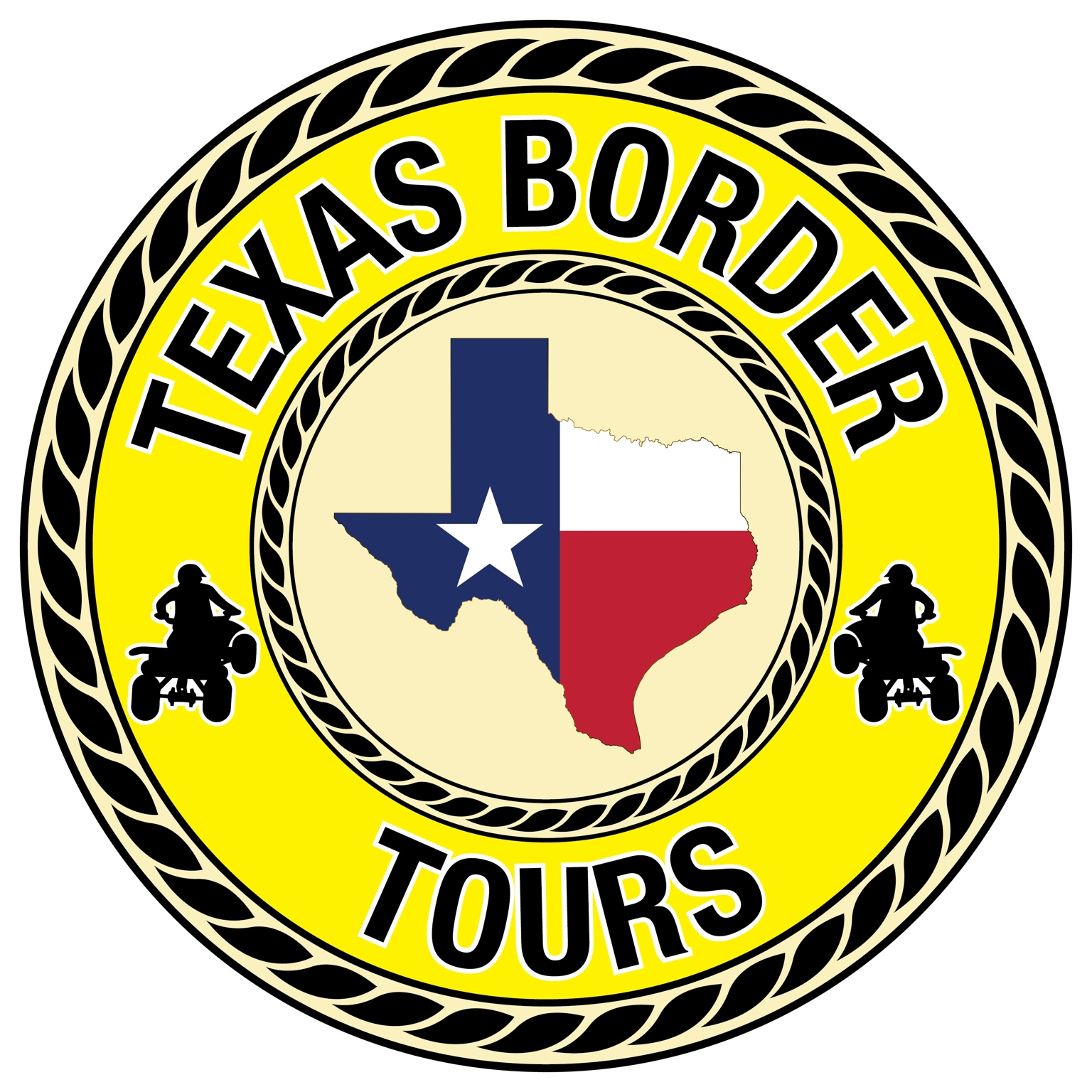
The Role of Horses in American History
Published on November 20, 2024 by Texas Border Tours
Few animals have played as vital a role in shaping a nation as the horse has in the United States. From the earliest days of European exploration to modern times, horses have been companions, tools, and symbols of American identity. Their contributions to transportation, agriculture, warfare, and culture are woven into the fabric of American history. Today, horses continue to play important roles, albeit in different contexts, reflecting the evolution of the nation they helped build.
The Arrival of the Horse
Horses were reintroduced to the Americas by Spanish explorers in the late 15th and early 16th centuries. Native to the Americas in prehistoric times, horses became extinct on the continent around 10,000 years ago. The return of horses fundamentally transformed the lives of Indigenous peoples, particularly in the Great Plains. Tribes such as the Comanche, Lakota, and Cheyenne quickly adopted the horse, using it for hunting, warfare, and transportation. The horse revolutionized their way of life, making buffalo hunting more efficient and enabling greater mobility and territorial expansion.
For European settlers, horses were indispensable for exploration and settlement. Expeditions across uncharted territories relied on horses for their stamina and strength. Horses carried settlers and supplies, enabling the westward expansion that would later define American history.
Horses in Agriculture and Transportation
In the 18th and 19th centuries, horses became essential to the American agricultural economy. They pulled plows, wagons, and carts, enabling farmers to cultivate larger areas of land and transport goods to market. Draft horses, such as the Percheron, Clydesdale, and Shire, were particularly prized for their strength and endurance.
Horses were equally important in early transportation systems. Stagecoaches, which connected distant towns and cities, relied heavily on horses. The famous Pony Express, though short-lived, highlighted the critical role of horses in communication. Riders covered vast distances at remarkable speeds, relying on the endurance and reliability of their mounts to deliver mail across the country.
Horses in Warfare
Throughout American history, horses have been central to military operations. During the Revolutionary War, horses were used for cavalry charges, reconnaissance, and communication. Leaders such as George Washington relied on their horses for mobility and command.
In the Civil War, horses were used extensively on both sides, serving as mounts for officers and cavalry units and as draft animals for artillery and supply wagons. The loss of horses in battle was staggering—over one million horses and mules died during the Civil War alone, underscoring their critical role in the conflict.
Even as mechanization began to replace horses in the 20th century, they continued to serve in military capacities. During World War I, horses were used for logistics, transport, and mounted charges, though their role diminished with the advent of tanks and motorized vehicles.
The Symbolic Role of Horses
Beyond their practical uses, horses have held a special place in American culture and identity. They symbolize freedom, strength, and the pioneering spirit of the American West. The cowboy, often depicted astride a horse, became an enduring icon of American individualism and resilience.
Horses also played a role in sports and entertainment. Horse racing, particularly the Triple Crown events, remains a popular and prestigious sport. Rodeos, with their roots in cattle ranching traditions, celebrate the skill and partnership between rider and horse.
The Modern Role of Horses
Today, horses no longer serve as the backbone of transportation or agriculture, but they remain significant in many ways. Equestrian sports, including dressage, show jumping, and rodeo events, showcase the athleticism and versatility of horses. Trail riding and horse-based tourism provide recreational opportunities that connect people to nature and history.
Horses also play a therapeutic role in modern society. Equine-assisted therapy has been shown to help individuals with physical, emotional, and psychological challenges. Programs involving horses are used to support veterans, children with disabilities, and those recovering from trauma, highlighting the unique bond between humans and horses.
Additionally, horses continue to play ceremonial and working roles. Mounted police units in urban areas use horses for crowd control and patrols, while ranchers still rely on horses for cattle herding in remote areas. These roles, though smaller in scale, ensure that horses remain a visible and valued part of American life.
Conclusion
The role of the horse in American history is nothing short of monumental. From exploration and settlement to agriculture and warfare, horses have shaped the trajectory of the nation. Their symbolic power as icons of freedom and strength continues to resonate, even as their practical roles evolve. Today, horses serve as a reminder of the deep bond between humans and animals, a connection that has left an indelible mark on American history and culture.
